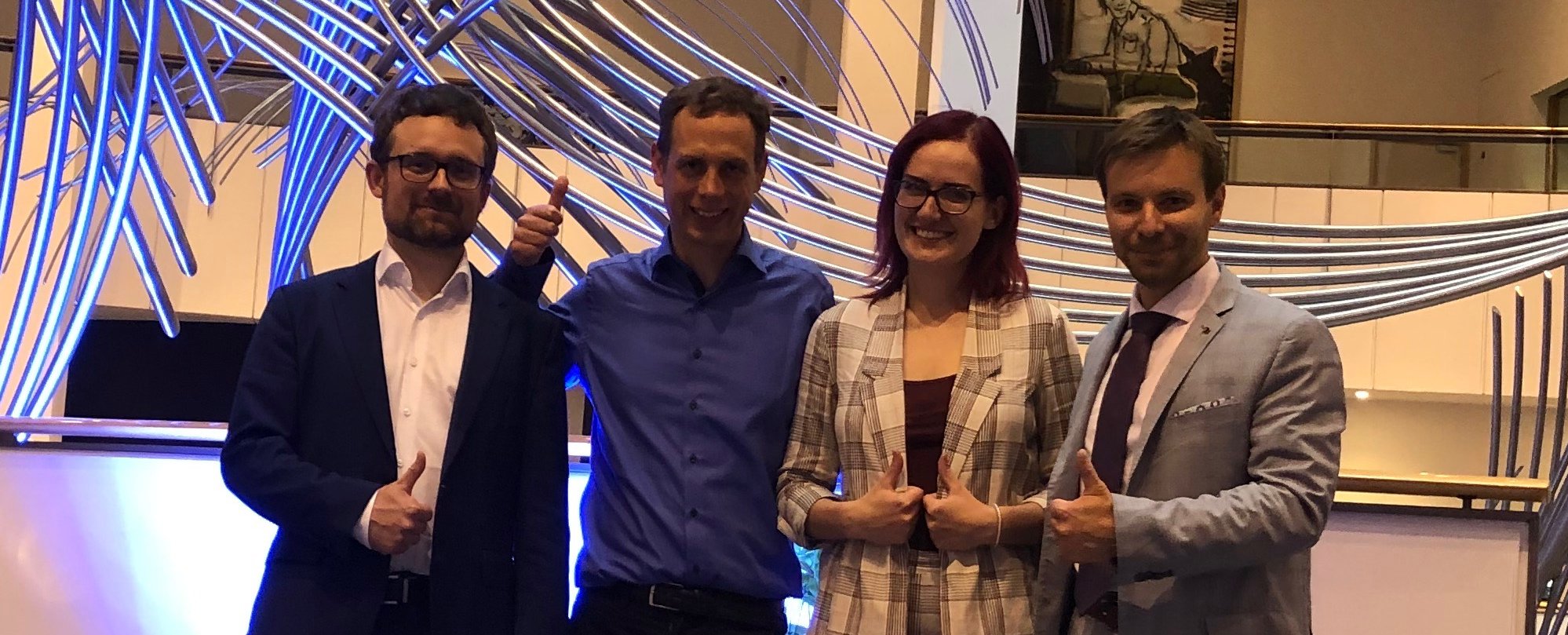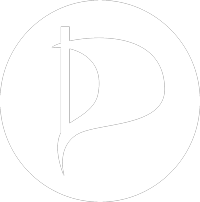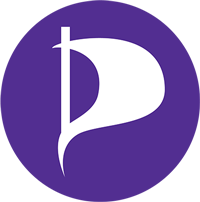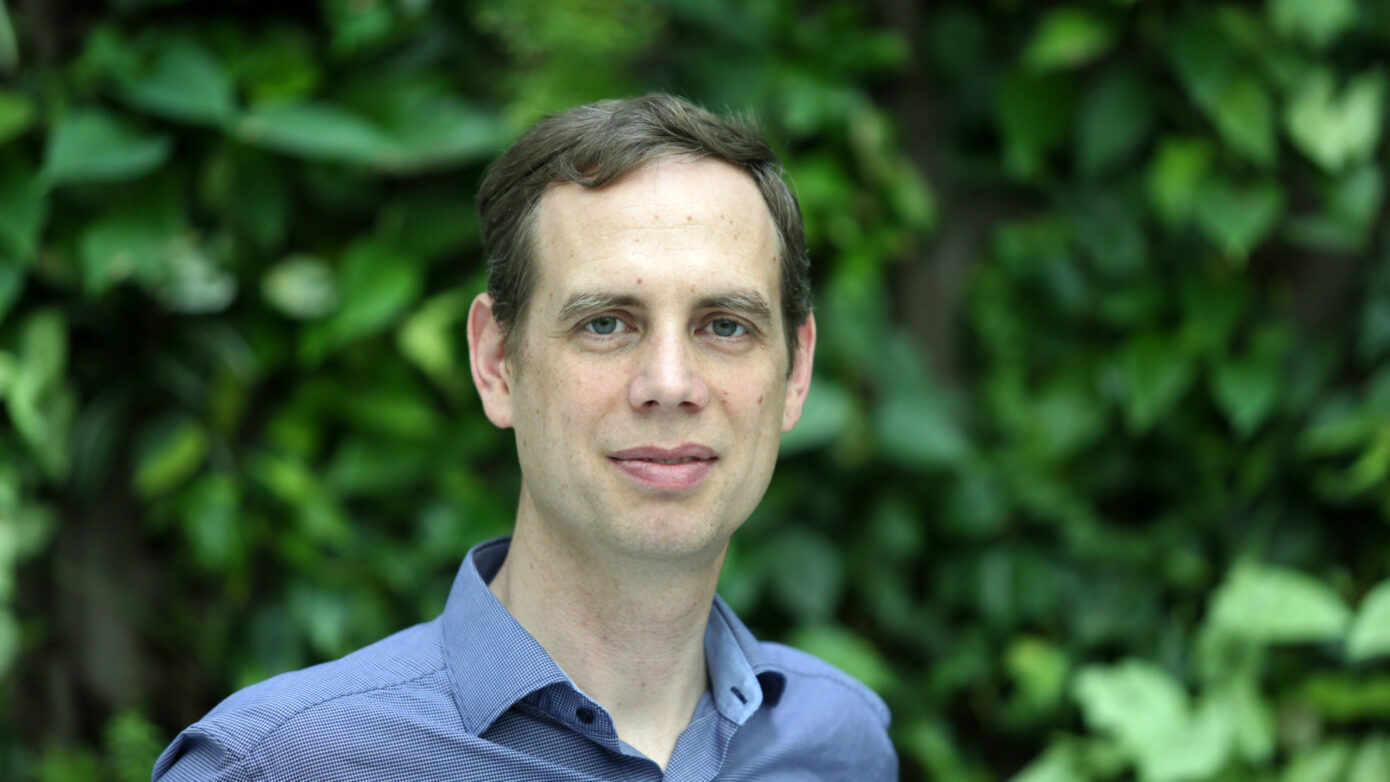I flera år har pirater kämpat mot statlig censur av internet, både i direkt och indirekt form. Ett fritt flöde av information på internet är viktigt för vår demokrati och våra medborgerliga rättigheter. Därför håller vi alltid ett vaksamt öga på europeisk och svensk lagstiftning som riskerar att leda till nätcensur. Tyvärr finns det flera europeiska lagar på horisonten som är väldigt problematiska, framför allt TERREG (förordning gällande terrormaterial på nätet) och Digital Services Act.
”Censorship or attempts at censorship by state institutions will soon no longer exist only in non-democratic countries such as China or North Korea – they will soon become possible here in Germany as well. For through reforms and regulations such as the NetzDG (Network Enforcement Act), the copyright reform or TERREG (Act against Terrorist Propaganda) the state is already working intensively to establish a censorship infrastructure here as well. However, this will have fatal consequences for our society and for democracy as a whole, as censorship can deprive us of information and we will lose the ability to make our own decisions. The right to information is a fundamental right for all people and no government should be allowed to control it.
Frank Herrmann, dataskyddsombud hos det tyska Piratpartiet, i samband med världsdagen mot censur 12 mars 2020
Gemensamt för förra årets upphovsrättsdirektiv och TERREG är kraven på automatiska filter för den som laddar upp något till nätplattformar (kommentarer, videor, ljudfiler, kod, et cetera). Filtren ska i upphovsrättsdirektivets fall censurera sådant som utgör upphovsrättsintrång, medan de i TERREGs fall ska censurera terrormaterial.
Detta är ett indirekt krav på censur, framför allt som följd av att filtren inte klarar av att endast censurera det de ska, utan kommer stoppa mycket annat material. Beroende på hur förhandlingarna om TERREG utlöper finns dessutom risken att vi får mer direkt censur genom att myndigheter anmäler specifikt innehåll till nätplattformar, som sedan tar bort det i sin tur.
Patrick Breyer, tysk EU-parlamentariker för Piratpartiet är skuggrapportör under förhandlingarna om TERREG. Han beskriver riskerna med TERREG och varför vi behöver protestera såhär:
”The automated upload filters demanded by the Commission and EU governments are censorship machines that have been proven to suppress masses of completely legal content and must therefore be prevented at all costs. Even anti-terror filters with an extremely high hit rate of almost 99% would delete more legal than illegal content, because terrorist material is extremely rare compared to the total amount of material uploaded. One and the same photo can be used for terrorist propaganda or legitimate reporting, which upload filters will never be able to detect.
Patrick Breyer, tysk EU-parlamentariker för Piratpartiet
Upload filters introduced under the TERREG regulation would foreseeably be required to search for any illegal material under the upcoming Digital Services Act. Do we really want error-prone upload filters to decide what we can say and read on the net in the future? To prevent this should be worth a new wave of protest!”

I nuläget vet vi inte hur den svenska regeringen ställt sig i förhandlingarna om TERREG, eftersom ministerrådet har en ökänd brist på transparens.
Läs mer hos Piratenpartei.


